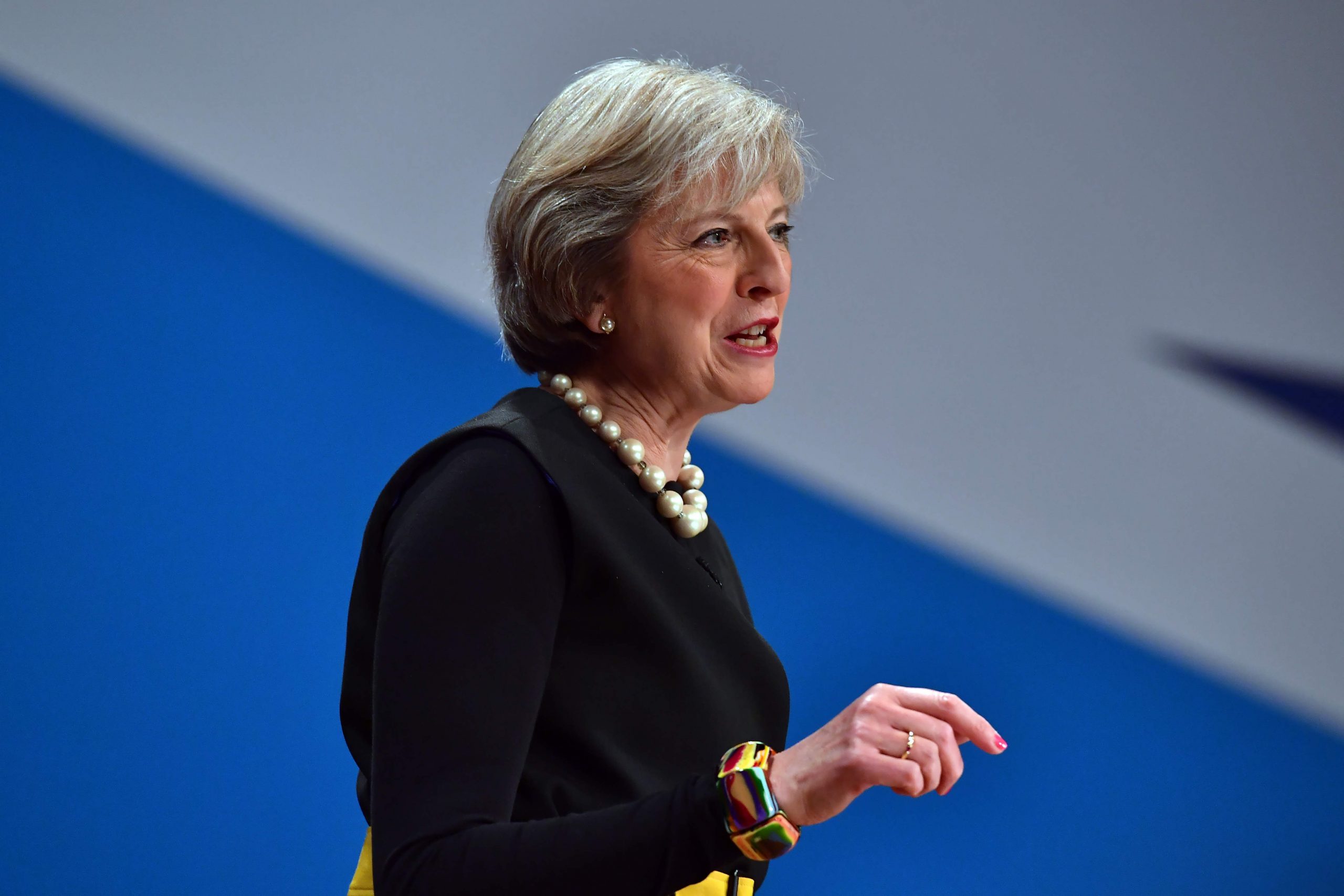
At the beginning of her first address to the Conservative conference, Theresa May flashed a smile at those watching above. She adores Tory activists and they adore her. After the strained relations of the Cameron years, Conservative members have got their party back. Every mention of EU withdrawal was raucously cheered, just as “socialism” was at Labour’s gathering.
Brexit was a dream born on the Conservatives’ fringes. Its proponents, such as Daniel Hannan and Douglas Carswell, were economic liberals and fiscal conservatives. The post-EU Britain they envisioned would tax less, spend less and borrow less.



